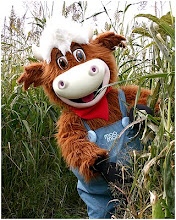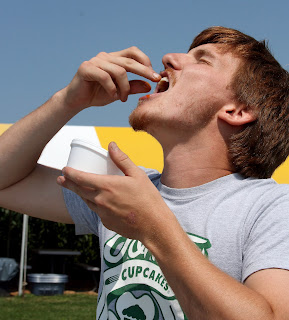
Get ready for the ultimate cool down! Beat the heat this summer when Adventure Play & Spray opens at Davis Farmland on Saturday, June 18th.
Adventure Play & Spray offers two spray grounds – one for toddlers and one for children up to age twelve and their parents. The toddler spray ground features mini sprinklers and misters, while the larger spray ground has shooting geysers and fountains to cool off the kids. There are also water tables, horse cannons, showering sunflowers, misting spray rings and even a pretend car wash and gas station.
You can stay cool and relax in our shade pods, cabanas, thatched umbrellas and even birthday cabanas to celebrate your big kahuna’s special day!
Play & Spray houses the largest purification system of its kind. All water is recycled into a huge underground storage tank and completely filtered every fifteen minutes. The water is computer monitored continuously and carefully chlorinates as needed. Zero-depth water play and our revolutionary filtration system make this the safest water playground for your children and also the most fun!
Parents and children alike will love our Splash-tacular activities this weekend – including a water balloon toss, temporary tattoos, the limbo with Moo Moo and even a conga line over to our new Slip and Slide! Kids can soak up the suds in our Bubble Blast and enjoy making their own foamy beards. Those with extra energy can try the new “Surf the Wave” Slip and Slide!
Don’t miss these exciting events during Splash-tacular Weekend – Davis Farmland is overflowing with fun!









